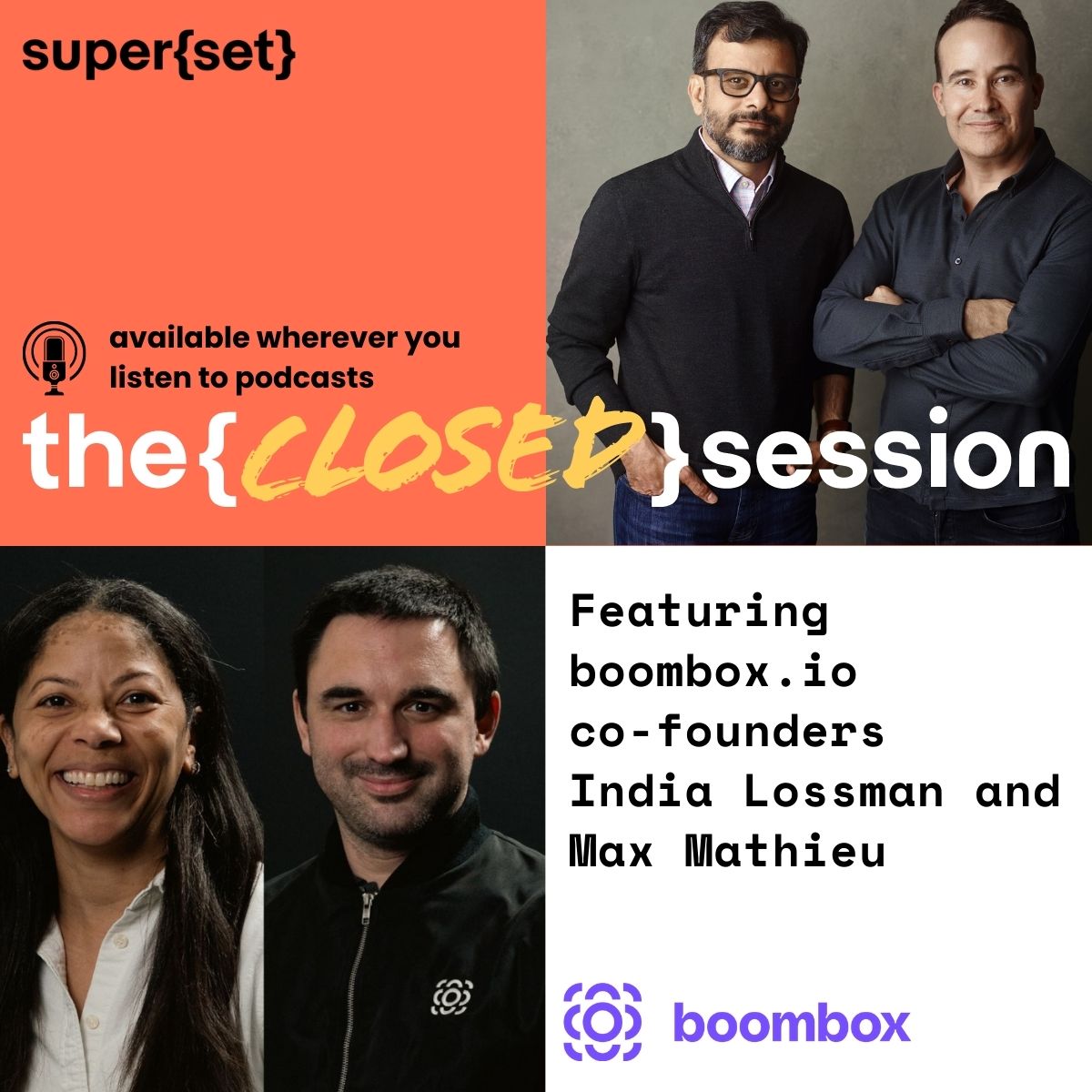
Building the Creator Platform for Music Makers at Boombox.io
Tom, Vivek, India and Max discuss their backgrounds as musicians and techies building a platform where music producers can store, version, and track all of their music files; collect time-stamped feedback on audio files; communicate on the go with iOS/Android apps; manage splits for songwriting and recordings; and create simple legally-binding contracts for song ownership.
The gang also discusses some cool generative AI features the boombox team has built into the app: boombox.io leverages Generative AI to enrich and extend a musician’s creative process with Boombot, a friendly, AI-powered collaborator that generates new ideas and fleshes out partial ones to make music creation more dynamic, faster and smarter. Boombot helps users spitball lyrics and song titles, suggests chord progressions, and turns them into MIDI files creators can pull directly into their digital audio workstation.
Tech, startups & the big picture
Subscribe for sharp takes on innovation, markets, and the forces shaping our future.
More Episodes
Explore additional conversations with entrepreneurs, investors, and leaders shaping the future of tech and business.

